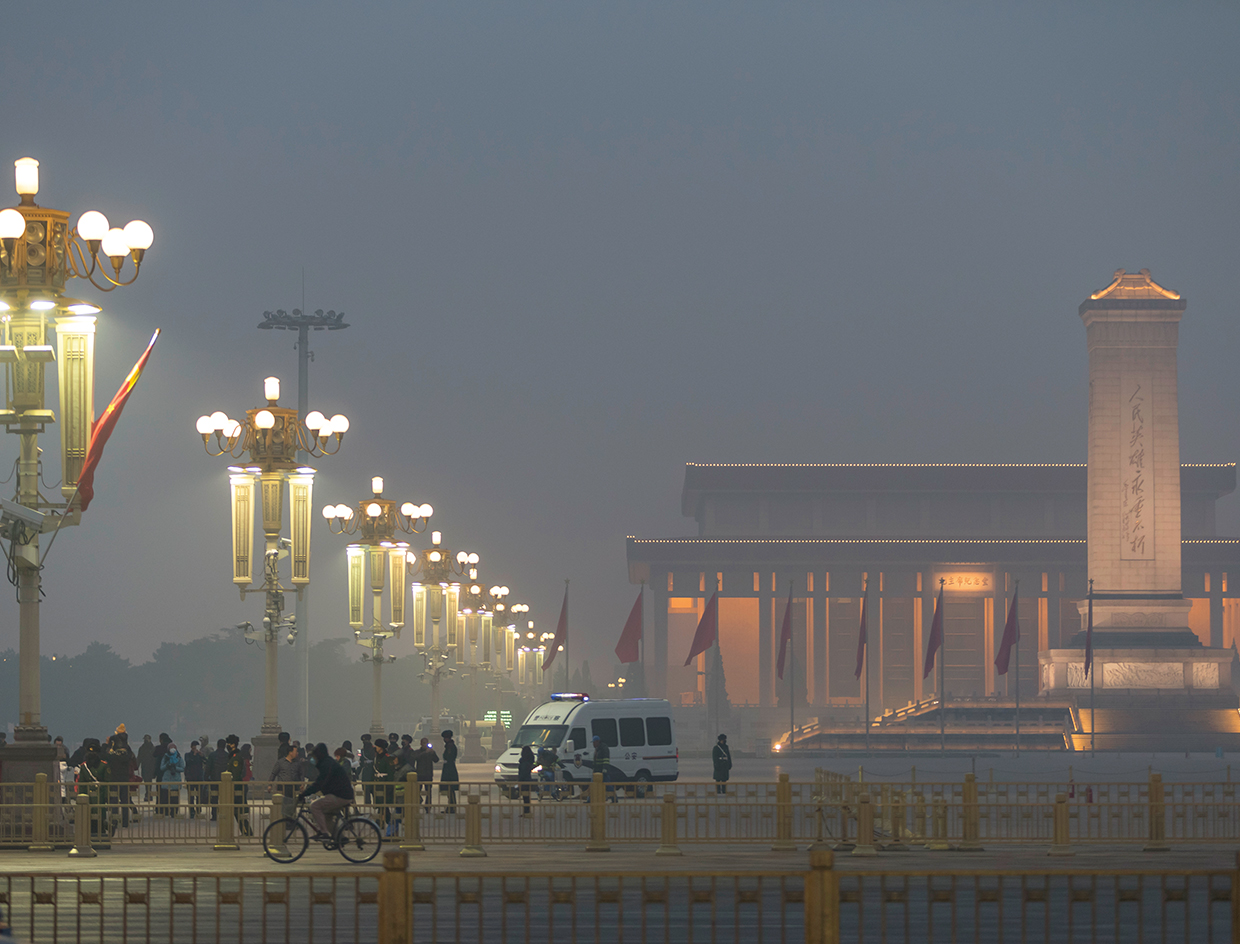The improving economic climate has led to a relaxation in payment terms for companies around the world – but for Chinese companies, the reasons may be slightly less rosy.
Days sales outstanding (DSO), the average time it takes for companies to collect payment for sales, rose to their highest levels since before the global financial crisis last year, with a global average of 66 days.
This is partly due to the growth in the global economy: as economic conditions improve, companies tend to be less anxious about how long it takes to receive payment. But analysts at Euler Hermes, the credit insurer which compiled the data, are warning that the figures could be a sign of underlying issues, particularly where China is involved.
China’s DSO rose by three days last year to 92 days – by some distance the highest average DSO among major economies. With the Chinese government continuing its efforts to deleverage the corporate sector and allowing so-called zombie companies – those which have been kept alive by easy access to credit – to fail, this could be a cause for concern.
The figures show that those industries which have been most affected by the structural shift in China are among those with the highest DSO: in other words, it may not be due to creditors taking a more sanguine approach to collecting their debt, but also due to an inability to make payment. Payment terms increased in 12 of 18 Chinese sectors, with 25% of companies waiting 136 days to be paid.
This, according to Mahamoud Islam, senior Asia economist at Euler Hermes, is a potential indication of worse things to come.
“For some companies in certain sectors in China, increasing DSO is not a great sign – especially for sectors that are related to the old economic model, highly leveraged and where the DSOs are already high. It is the case for construction sector or basic industrial material – metal, oil and gas, for example. These sectors are already adjusting as part of China’s deleveraging and rebalancing process and they could feel the pinch of higher DSOs,” he tells GTR.
By way of addressing the problem of zombie companies, China has been cracking down on the borrowing at local government level. Across China’s regions, ghost cities and highways remain the legacy of years of living of cheap capital. The money filtered down into heavy industry, which supported local jobs.
As well as staving off social unrest, however, these policies led to huge levels of overcapacity in sectors such as steel, aluminium and concrete. The central government in Beijing has been simultaneously trying to stem capacity in such industries, as it looks to implement ambitious structural economic reforms.
The trade war with the US, which has been gathering pace, has drawn the world’s attention to China’s capacity issues: often the produce is heavily subsidised and exported at a cut price rate, drawing the ire of competitors in importing countries. Among the demands of the Trump administration in recent trade talks is for China to stop subsidising its industry. Again, this is likely to have an impact on corporate insolvency.
“China has started to address the excess capacity in the steel sector over the past few years. Perhaps there could be more commitment on that front on the Chinese side,” National Australia Bank’s chief markets economist for Asia, Christy Tan, told journalists at a press briefing in Hong Kong today.
The Euler Hermes data correlates with that of other insurers analysing the Chinese market. In April, GTR reported on Coface statistics which showed that more Chinese companies are experiencing payment delays of more than six months. Furthermore, the share of companies for which “ultra-long” payment delays form more than 10% of turnover rose from 11% to 21%.
Meanwhile, despite China’s efforts to curb lending to zombie companies, the IMF has warned that it needs to do more. Local media in China reported in April that the Washington DC-based organisation called for a targeted approach to assessing lending risks.







